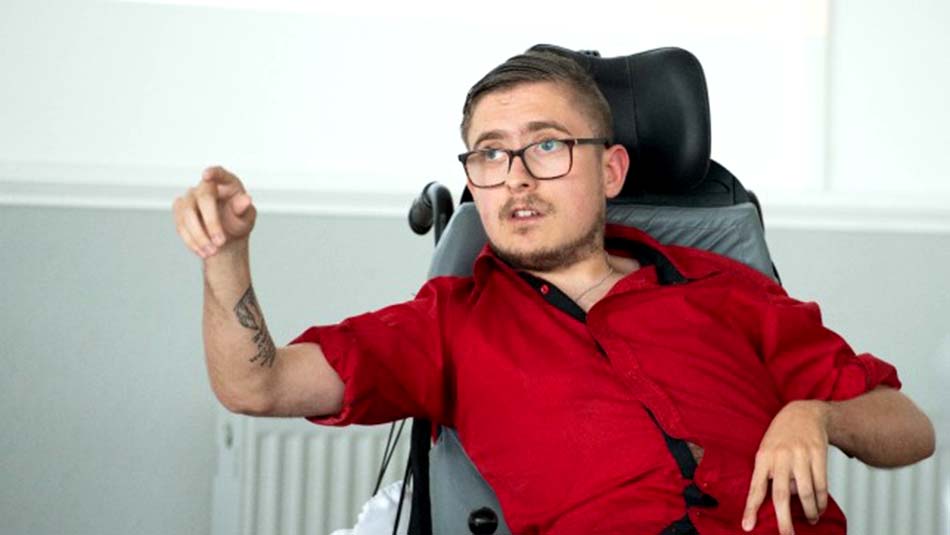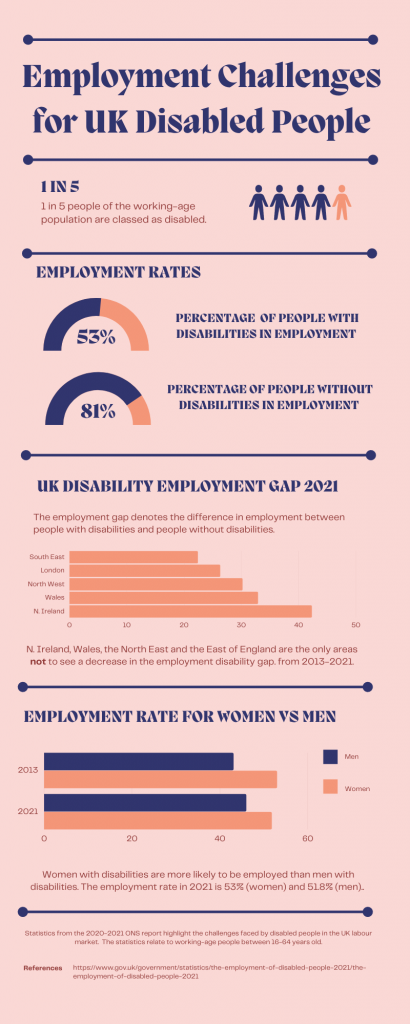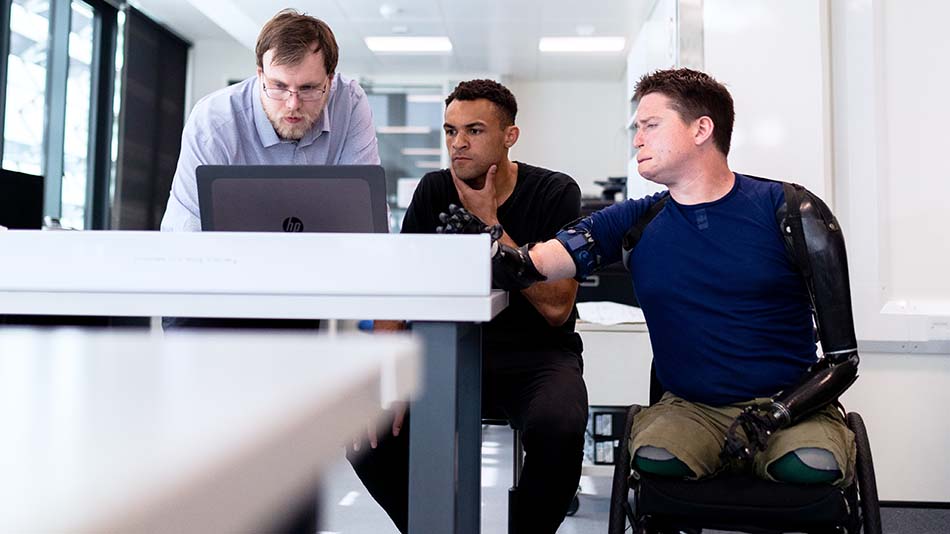People with disabilities in Wales still face many barriers to employment according to a local campaigner on International Day of Persons with Disabilities

Welsh people with disabilities still face employment barriers that need to be addressed by employers and the Government, according to a local disability campaigner.
Cardiff-based campaigner, Joshua Reeves calls for legislative action, visibility and understanding this International Day of Persons with Disabilities to improve the employment rate of the 400,000 plus disabled people in Wales.
“I think the Government needs to step up and just say to employers, look, you need to reach a certain target each year of employing someone with a disability,” said Reeves.
“Disabled people have got a lot of skills and qualities. We’re just being wasted because no one wants us.”
There is a disparity between the number of disabled people in employment compared to those without a disability, with 52.7% of people with a disability in work in 2021 compared to 81% of people without a disability according to the Office for National Statistics.

Wales’ disability employment gap is not narrowing at the same rate as other parts of the country. It is one of only four regions to not experience a fall at 32.9% compared to the South East at 22.4%.
A necessary step to improving the situation includes enshrining the Convention on the Rights of Persons with Disabilities (CRPD) into legislation in Wales for the protection of workers’ rights, according to Reeves. This sentiment was echoed by Jane Hutt, Minister for Social Justice in the Senedd earlier this week.
Other barriers include tackling misconceptions about the realities of employing a person with a disability. “[Employers] think disabled people need equipment, a lot of attention and a lot of assistance during their work time,” said Reeves.
“Many disabled [people] know how to work in the workplace and don’t require a lot of assistance,” said Reeves.
Government funding is available to employers to help facilitate people with disabilities in the workplace, with equipment and software available such as Dragon which allows people to dictate text rather than type.

This lack of visibility and accessibility for disabled people in the workplace is well entrenched and has only been highlighted by the recent uptick in people working from home.
“It made me very upset and angry,” said Reeves. “As soon as the pandemic hit everyone was working from home but disabled people have been asking that for years.”
“It made me know that some employers are just hypocrites,” said Reeves. “A lot of employers get away with that they are disability confident but how many people have you got working there who are disabled?”
Reeves worked alongside the Welsh Government and Debbie Foster, Professor of Employment Relations and Diversity at Cardiff University, to produce the “Locked Out” report which was published in July this year and seeks to readdress problems faced by people with disabilities which have been exacerbated by Covid-19.
“Wales is the first and only nation in the UK to have coproduced a report with disabled people and their organisations about the impact of Covid19,” said Foster. “We are also unique in taking forward the lessons from the pandemic to try to address the future for disabled people.”

A disabilities rights task force has been set up to create a new action plan for Wales and the Government has employed disability champions to support employers across Wales.
Accessibility to the employment champions is lacking. “I don’t even know who they are,” said Reeves. “I don’t even know how to contact them.”
“I feel we’ve made so much big progress here in Wales with the social services,” said Reeves. “Employment is lacking here in Wales.”
